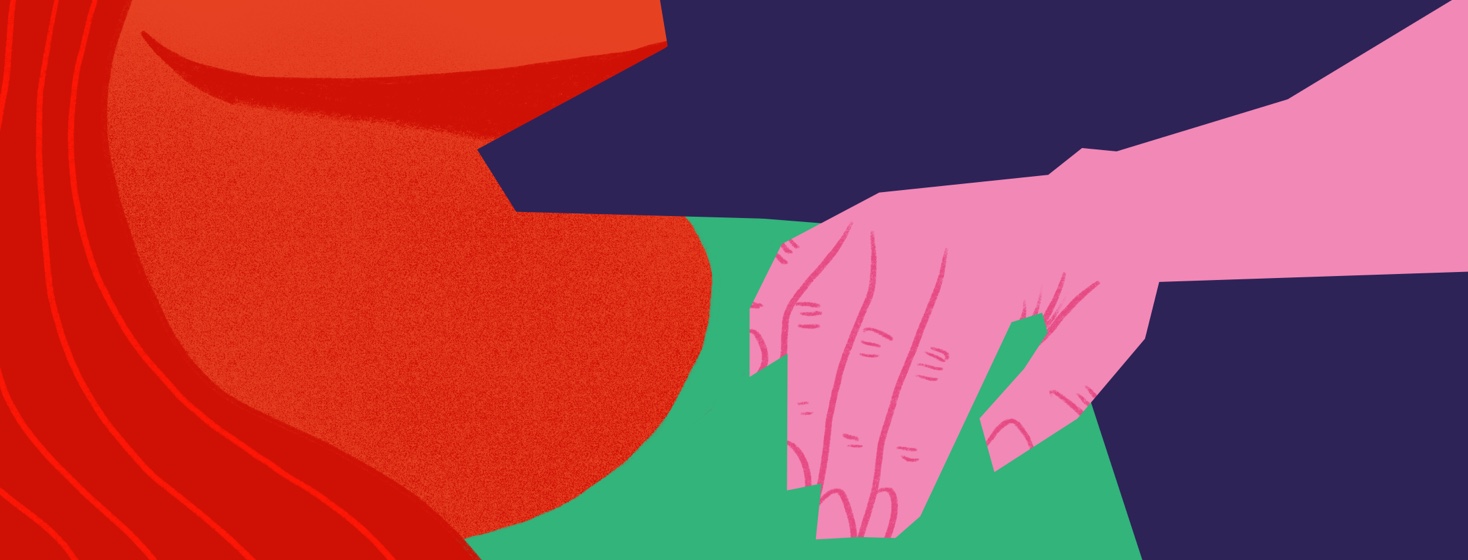Mentoring, Part 3
Editor's note: Abigail sat down and interviewed Amanda to understand more about her mentoring experiences for metastatic breast cancer. Check out the first 2 articles in this series below.
Personal and professional mentoring experiences
What other mentoring experiences have you had in the past, outside of MBC? Personal or professional?
I have had mentoring experiences in both personal and professional settings. When I was a young mom and working professional, I often met with other working professionals who were mothers. This mentor/mentee relationship provided great support and helped me navigate the elusive work/life balance while raising young children.
Professionally, I have served as a mentor to many. In my field, higher education, I have mentored countless students, peers, and colleagues. Students typically look for career guidance or professional development assistance. As a professor, I have also mentored junior faculty on topics related to teaching and research.
I have also been the recipient of other faculty mentor relationships, learning from those who are steps ahead of me. Each role — mentor and mentee — has been purposeful and impactful.
Organic and formal pairing
Do you think that organic mentoring connections are better/worse than formal pairings?
At times, I think organic mentoring connections can be better because they are naturally formed and sustained. There’s a natural fit in this type of connection. However, formal mentoring pairings have great benefits too. Often they are designed with purpose and intention — tackling a particular topic or area of the mentee’s interest, defined by a set meeting time or duration. Regardless of format, both organic and formal pairings are beneficial.
Reciprocal relationships
When looking for a mentoring relationship, is that something you seek out with the idea that it could become a reciprocal relationship?
I think, as someone who is naturally bent towards helping and giving to others, I do seek these reciprocal relationships. I value receiving guidance and also seek out opportunities to support and guide, too. As much as the mentee benefits from the mentor, I also think seeking reciprocity is important too.
Qualities of a good mentor
What are the top three things you look for in a mentoring relationship?
For me, I would say:
- Fit: This doesn’t mean everything has to be similar between the two individuals because diversity is key, too, but a natural fit or ease with the relationship is important to me.
- Shared Goals: This is natural in the MBC world as many patients share the goals of maximizing quality of life, understanding treatment options, and receiving the best care possible. In professional settings, shared goals are important so that the mentors/mentees can work together towards a common end.
- Availability: Finding a time to meet or check-in with one another is a must. Organic mentor/mentee relationships can do this often and on the fly - reaching out through a text or email, setting up a Zoom meeting or a phone call, or meeting for coffee. Formal relationships usually take a bit more planning to sustain, so the availability of both parties is important.
Failed mentorships
Thinking about a mentoring relationship that didn’t work, what was it that made it fail?
For me, even "things that fail" have a purpose so I hold the feelings loosely. If a mentor relationship isn’t meant to be, that’s okay. I realize that things in life that are meant to be will find me — or I will find them with ease.
One professional mentorship relationship that comes to mind "failed" because we started going down different paths with our interests. We had less to connect over, no formal mentor plan, and thus, our meetings became less and less frequent. It because obvious that it was time to move along — for both of us — and that was a good thing.
No hard feelings, but just an appreciation for the relationship's purpose and for the time in which it worked!
Check out the other articles in this series:
Editor’s Note: We are extremely saddened to say that on April 3, 2023, Amanda passed away. Amanda’s advocacy efforts and writing continue to reach many. She will be deeply missed.

Join the conversation